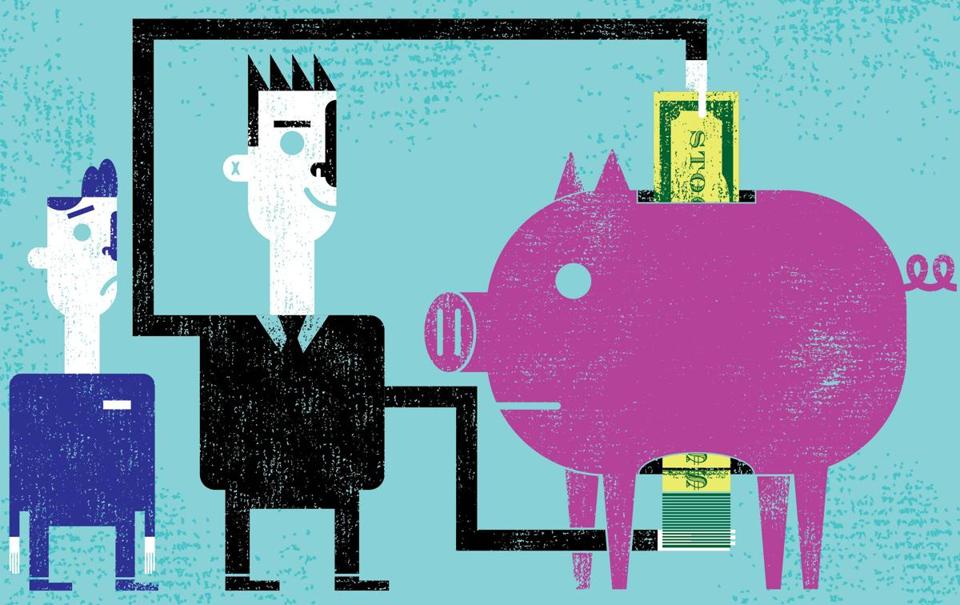When a company buys its own stock, either on the open market or straight from its shareholders, it is known as a share or a stock buyback, or repurchase. What lies behind a particular’s company decision to repurchase its own stock? There are a number of valid reasons why a business decides to buy back its own share.

Reinvesting back and increasing shareholder value
Business can reinvest itself through a share repurchase plan. In fact, it is a good way to do it, by using any excess cash at its disposal to buy back shares of its own stock. When this happens, it can be that the company is in a positive cash and flow situation. By buying back its own share it also often serves as the catalyst to increase the stock price at the same time, which it means increasing shareholder value.
Ownership consolidation
Each share of common stock represents a small ownership of the company. It includes right to vote on company policy and financial decisions. If a company has a managing owner and one thousand shareholders, in reality, it has 1001 owners. Company issue shares to increase equity capital to fund expansion. However, when there are no potential development opportunities in sight, holding on to all unused equity funding means sharing ownership for no good reason. Normally the shareholders demand returns on their investment in the form of dividends and this is included as a cost of equity. Basically, the company is essentially paying for the privilege of accessing funds hot used. Buying back can be a simple way to pay off all investors or shareholders and reduce the overall capital cost.
Increased the value of stock (when it is undervalued)
There are reason why the stock can be undervalued. It is often the case that the investors unable to see the business short-term performance. If the stock significantly undervalued, the issuing company can repurchase some of its shares at the reduced price. Then the company re-issue them once more when the market has corrected. Thus it is an act of increasing its equal capital without issuing any additional shares. By this, it will have the overall effect of raising its current selling price that inlines with its intrinsic worth.
Boosting financial ratio and attracting the investors
A stock buyback can be highly beneficial to the shareholder since fewer outstanding shares in the marketplace automatically gives a greater claim on a company’s earnings. This can be interpreted as higher individual returns and better investor value. When a share buyback is announced, stock prices are likely to rise up accordingly as investors rush to take advantage of the higher demand and lower supply situation.
This strategy of buying back stock can also be an easy way to make a business look more attractive to investors. In addition, short-term investors often appear to make quick money by investing in a company right before a scheduled buyback.
The conclusion, stock buybacks present a way for companies to return some wealth to their shareholders, while potentially boosting their stock prices.
More from my site






